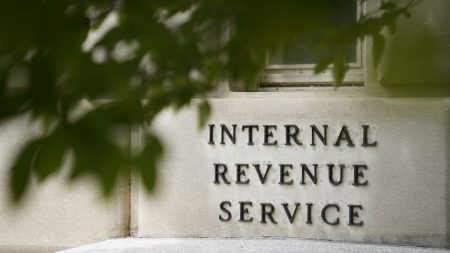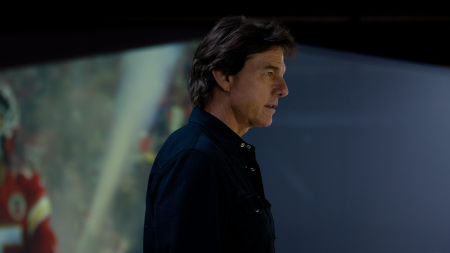The Rise of FOBO: Understanding the Fear of a Better Option
In today’s fast-paced, option-rich world, a new phenomenon has emerged: FOBO, or Fear of a Better Option. Unlike its predecessor FOMO (Fear of Missing Out), which centers on the anxiety of missing experiences, FOBO is rooted in the fear that a better choice might just be around the corner. This modern anxiety trend, coined by Patrick McGinnis, captures the dilemma of indecision in the face of abundance. Whether it’s deliberating over a restaurant menu, choosing a vacation spot, or even selecting a life partner, FOBO manifests as a nagging doubt that a superior option might be awaiting discovery. This fear can paralyze individuals, leading to prolonged indecision and a reluctance to commit, affecting various aspects of life, from the mundane to the profound.
The Roots of FOBO: Abundance and Indecision
FOBO thrives in an era where options are plentiful. Patrick McGinnis describes it as a byproduct of abundance, where the availability of countless choices makes it challenging to settle on just one. Tomas Svitorka, a life coach, echoes this sentiment, highlighting how FOBO induces a hesitation, a fear that the perfect choice might be just out of reach. This mindset is exacerbated by the ease of access to information and the constant exposure to alternatives, be it through social media or online reviews. The result is a culture of indecision, where individuals find themselves perpetually in a state of "what if?" unable to fully commit to any choice for fear of missing a potentially better one.
Consequences of FOBO: Relationships and Decision-Making
The consequences of FOBO extend beyond mere indecision, impacting both personal and professional relationships. McGinnis illustrates this with the analogy of swiping through Tinder without committing, suggesting that perpetual indecision sends a message of unreliability. Friends, colleagues, and potential partners may grow weary of the constant delays and lack of commitment. FOBO can lead to a life of "maybes," where opportunities are lost and potential is squandered. The fear of making the wrong choice results in procrastination, with decisions often deferred until the last possible moment, if made at all. This behavior, akin to hitting the snooze button repeatedly, stifles progress and personal growth.
Psychological Impact: Depression, Anxiety, and Self-Trust
Beyond the immediate effects, FOBO can have profound psychological implications. Experts like psychologist Patricia Dixon note that it can contribute to depression and anxiety. The mindset fosters dissatisfaction, eroding self-trust and leading to indecision. In relationships, this fear can hinder personal growth and connection, as the focus shifts from the present to an elusive, better future option. The grass may seem greener elsewhere, but this illusion distracts us from appreciating the value of our current choices. Dixon emphasizes that this mindset can lead to a cycle of remorse and dissatisfaction, further complicating decision-making processes.
Strategies to Overcome FOBO: Reframing Choices and Building Self-Trust
To counteract FOBO, experts recommend reframing choices and building self-trust. Dixon suggests accepting that decisions may be best for the moment, even if alternatives arise later. This perspective allows individuals to move forward without the weight of perpetual doubt. Practical strategies include setting arbitrary rules for decision-making, such as time limits, or even flipping a coin to break the deadlock. These methods aim to reduce the complexity of choices, making decision-making less overwhelming. Cultivating self-trust is crucial; by listening to instincts and acknowledging that no decision is perfect, individuals can break the cycle of indecision.
Conclusion: Embracing Imperfection and Moving Forward
Recognizing FOBO is the first step towards overcoming it. In a world where options are endless, it’s essential to embrace the imperfection of decisions and understand that no choice is without trade-offs. By reframing our approach, we can find contentment in our selections and avoid the pitfalls of perpetual indecision. McGinnis, Dixon, and other experts urge us to commit to our choices and trust in our instincts. In doing so, we can navigate life’s abundance with confidence, freeing ourselves from the grip of FOBO and creating a more fulfilling, purposeful existence. The journey begins with each decision, where the fear of a better option no longer hinders our path forward.












